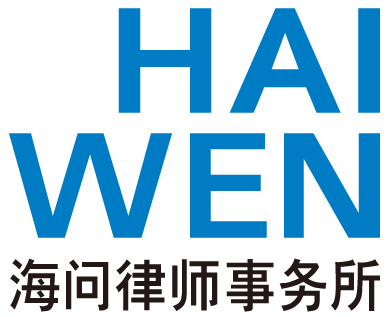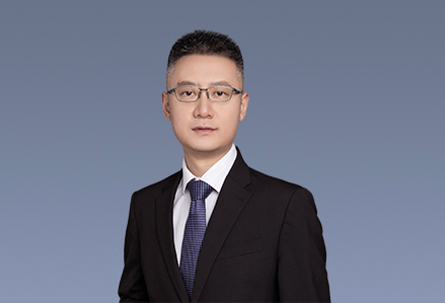Address:20/F Fortune Financial Center 5 Dong San Huan Central Road Chaoyang District Beijing 100020, China
Telephone:+86 10 8560 6888
Fax:+86 10 8560 6999
Address:Unit 2605,Jing An Kerry Center Tower 1 No.1515 Nan Jing West Road Jing'an District Shanghai 200040, China
Telephone:+86 21 6043 5000
Fax:+86 21 5298 5030
Address:Suites 1101-1104, 11/F, One Exchange Square, 8 Connaught Place, Central, Hong Kong, China
Telephone:+852 3952 2222
Fax:+852 3952 2211
Address:Room 3801, Tower Three, Kerry Plaza 1 Zhong Xin Si Road, Futian District, Shenzhen 518048, China
Telephone:+86 755 8323 6000
Fax:+86 755 8323 0187
Address:Unit 01, 10-12, 20/F, China Overseas International Center Block C, 233 Jiao Zi Avenue, High-tech District, Chengdu 610041, China
Telephone:+86 28 6391 8500
Fax:+86 28 6391 8397
Address:Room 3508-3509, 35/F, Hainan Building 5 Guoxing Avenue, Meilan District Haikou 570100, China
Telephone:+86 898 6536 9667
Fax:+86 898 6536 9667







